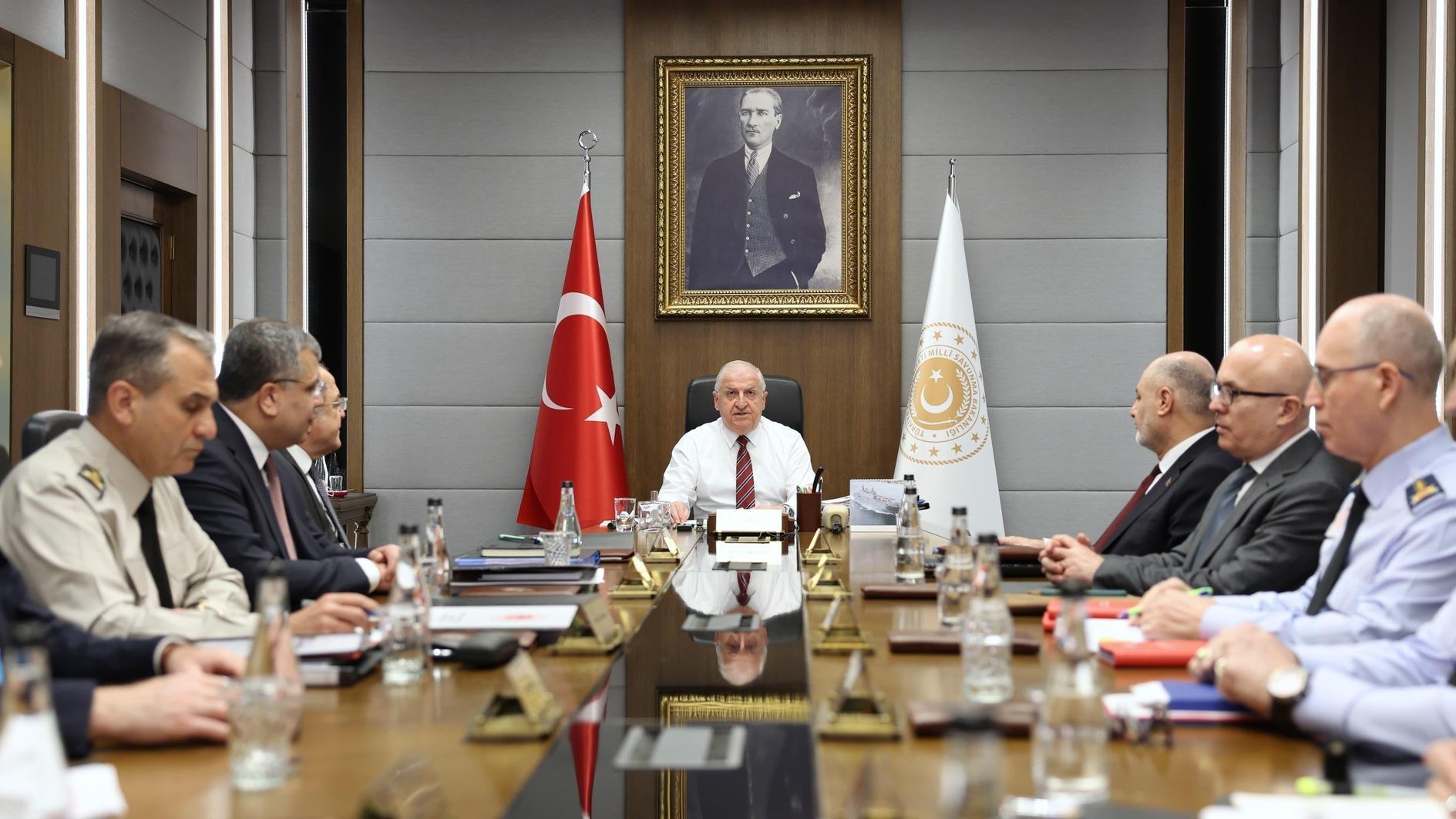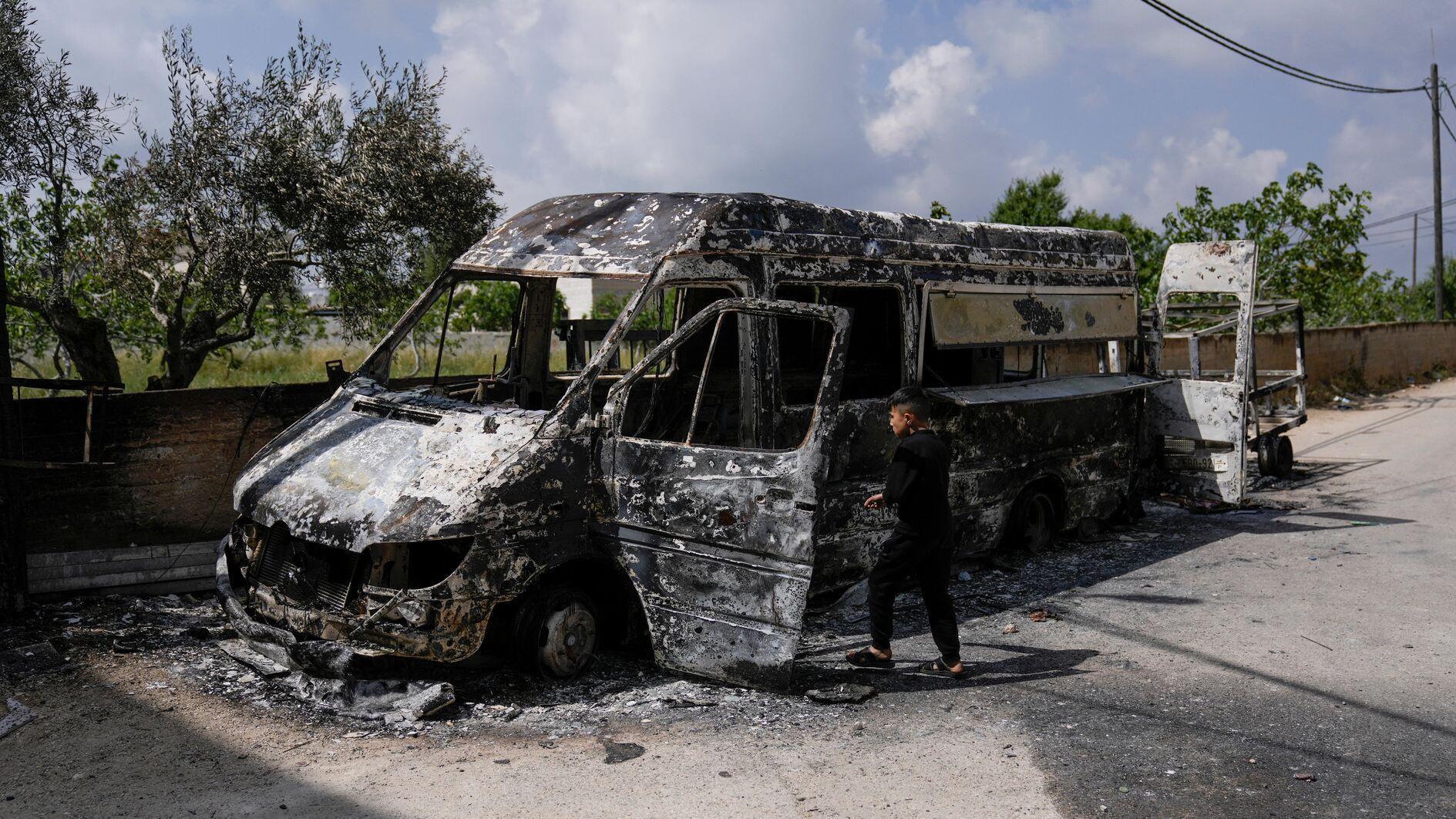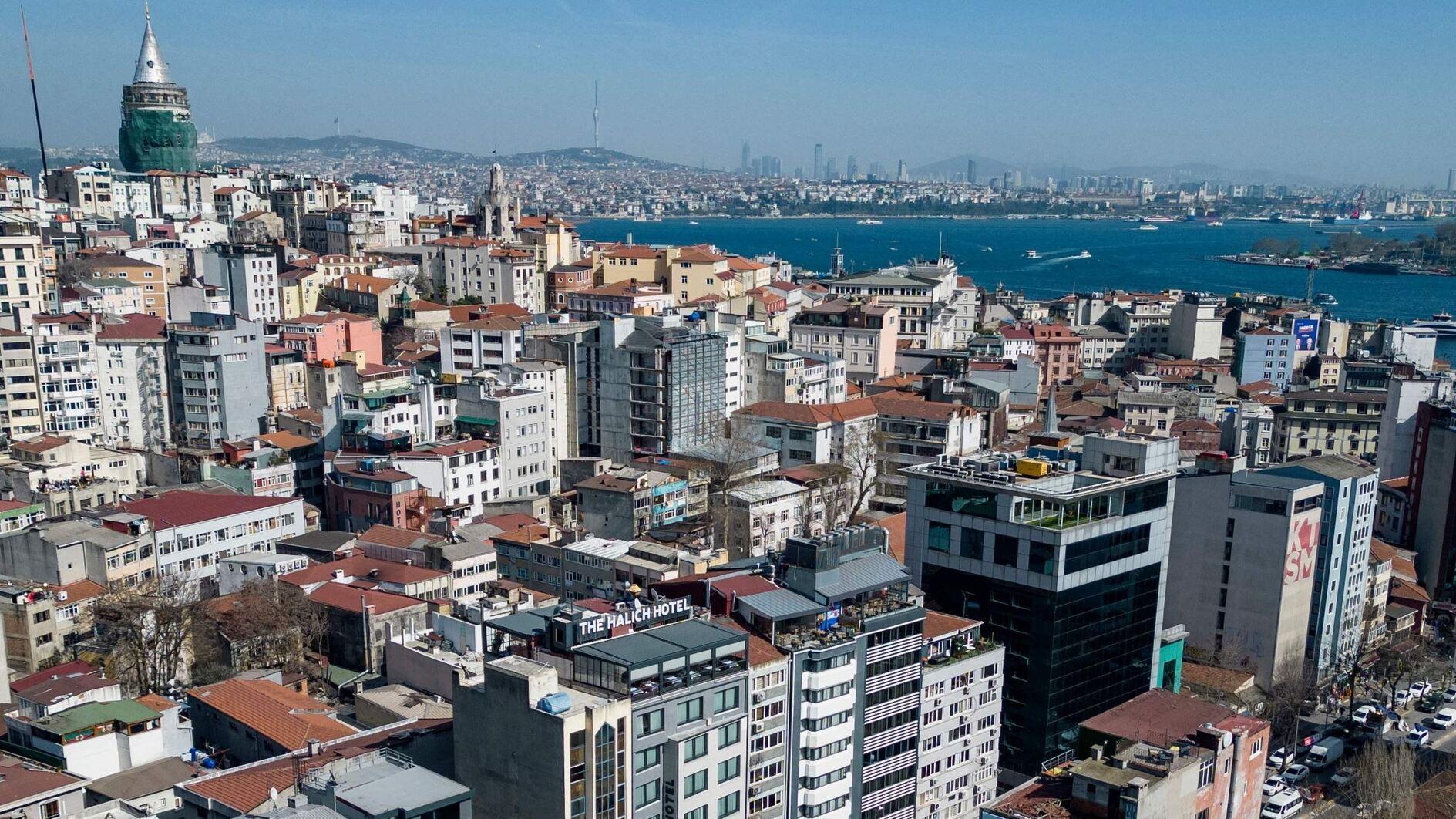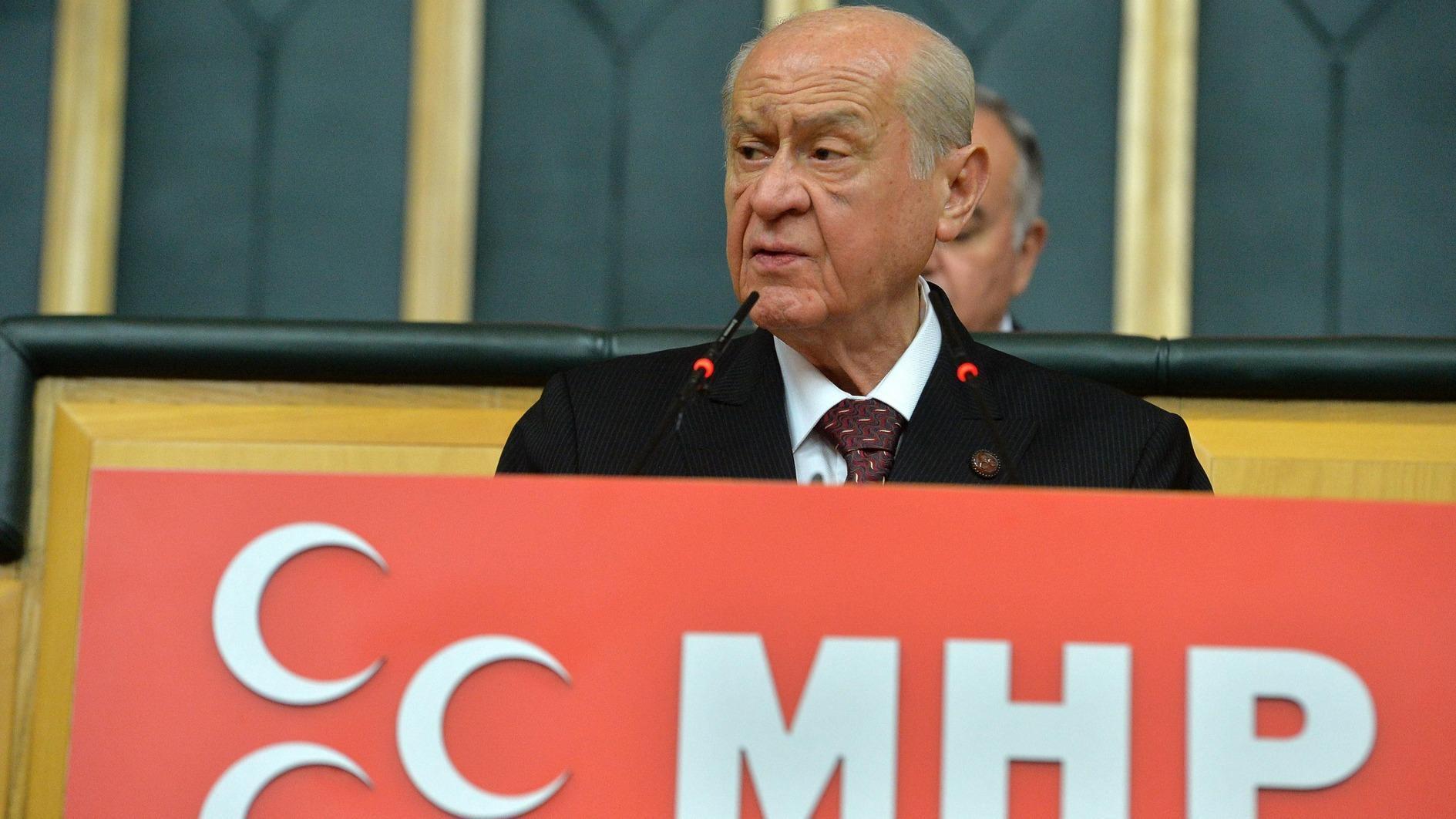When the Turkish envoy says al-Qaeda and terror are different
Whenever faced by criticism on its Syrian policy, Turkish government officials have used the moral card: “We could not stay indifferent to innocent people being killed.”
This argument could have proved legitimate, if of course the actions taken by the government would have helped save the lives of Syrians. But as of today, this argument does not hold. On the contrary, the very steps taken by the government are seen as having led to more violence.
By burning the bridges with Bashar al-Assad and supporting the opposition in every sense, Turkey is now perceived in the world as a power that has, though unwillingly, contributed to the break out of civil war. The current problem however is its resistance to changing courses despite the fact that it is increasingly being isolated in its stance.
Turkey is not only being left alone in its insistence for a solution that excludes al-Assad, but also in its outlook toward the radical groups among the Syrian opposition. It is worth noting the press reports about the talks the Turkish undersecretary of foreign affairs held in Washington last month. Feridun Sinirlioğlu criticized Washington’s decision to declare the al-Nusra front in Syria a terror organization.
It is not too difficult to understand why Washington is dragging its feet on a U.S. President Barack Obama-Turkish Prime Minister Recep Tayyip Erdoğan meeting. It is well known that Erdoğan is seeking to see Obama to convince him about a more aggressive policy on Syria. Yet the recent interview Obama gave to daily Milliyet shows that Erdoğan’s sense of urgency is not reciprocated by the U.S. president. This shows the difference on how to proceed on the Syrian front between Ankara and Washington, which are increasingly falling apart due to ideological worldviews.
The Justice and Development Party’s (AKP) worldview based on religious ideology is creating stains on its relations with the Western world in general, as some statements coming from AKP officials do not suggest they see Turkey as part of the Western alliance.
Take the case with France; it has partially lifted its veto on Turkey’s accession talks with the EU, but still objects to inviting Erdoğan to EU summits. Could it be because one of Turkey’s ambassadors tweets against France?
Turkey’s envoy to Chad, Ahmet Kavas has been openly critical of French intervention in Mali, calling France “Al Uranyumi” in a clear implication that the country’s natural resources are the real motivation behind Paris’ move.
This is a view shared by many Turkish officials, but this conviction has not been reflected in the official line.
A professor of theology, Ambassador Kavas (who is not a career diplomat) has a tweet dated Jan. 25 that says, “The word terror is French-made. It cannot be the work of Muslims. Al-Qaeda is different from terror.”
Foreign Minister Ahmet Davutoğlu told Turkish ambassadors at this year’s annual meeting that their work would be closely scrutinized and that the length of their foreign duty would depend on performance. In fact two envoys have been called back much earlier, due to some problems in their performance.
It is interesting that Kavas has stopped tweeting after his tweet about al-Qaeda. “Obviously it is not proper for an ambassador to write such tweets,” a high ranking ministry official told me.











